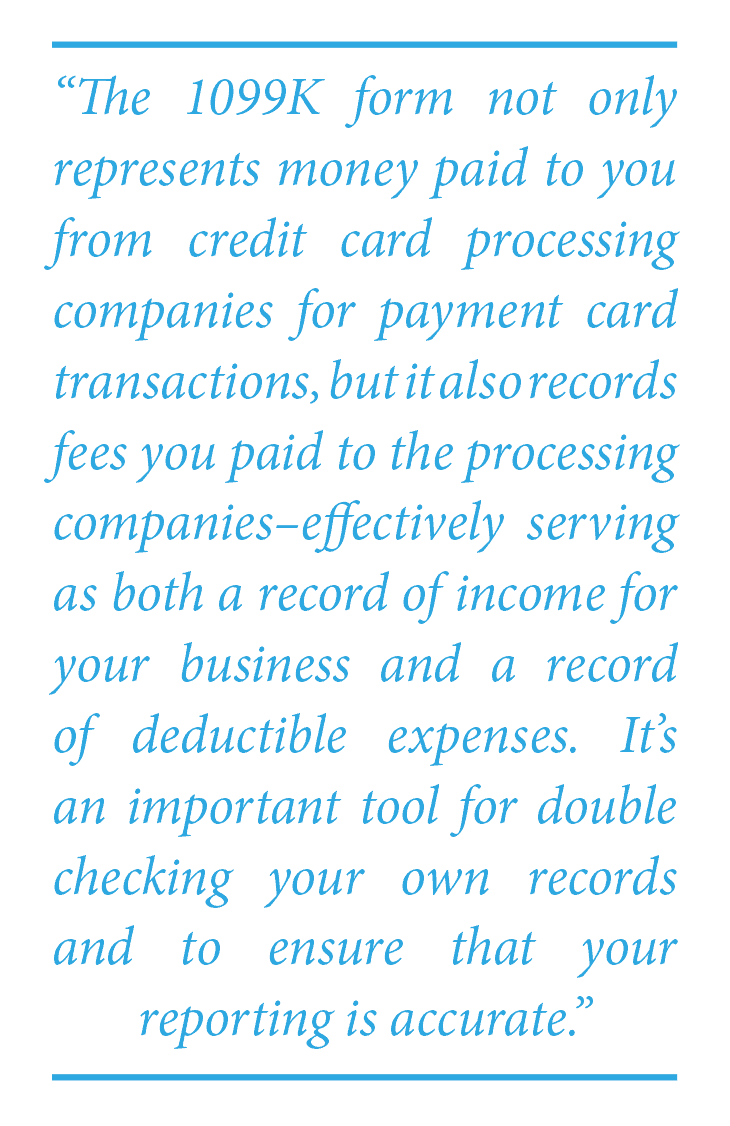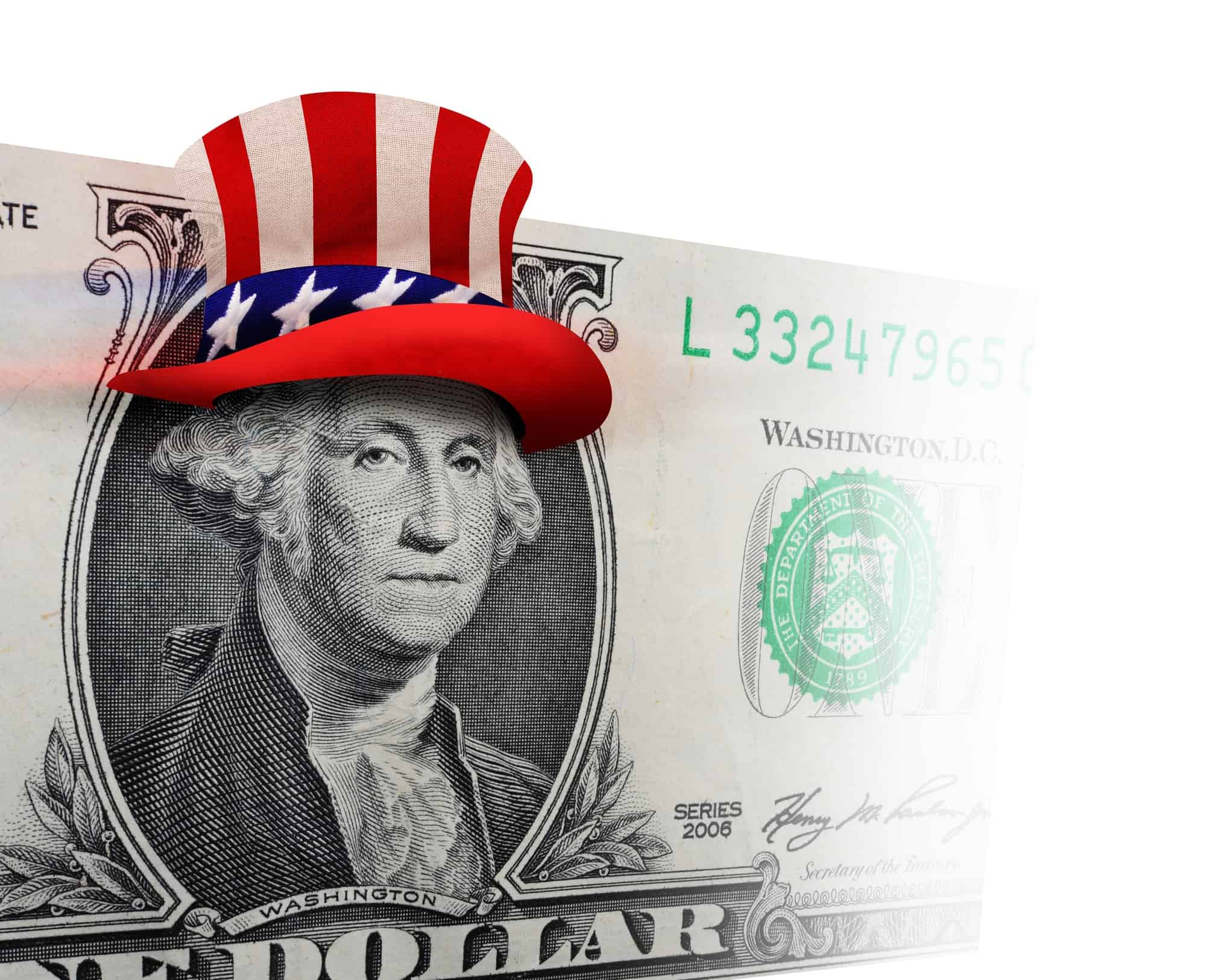 No business owners wants to pay more small business taxes than are necessary. On the flip side of the coin, you do not want to find yourself in a position where you are facing fines, fees, and penalties for paying an inadequate amount either. The better you understand your obligations when it comes to taxes – and the tax breaks that are available to you, the better you will be prepared to pay your taxes on time and avoid many potential penalties. These are some of the tax breaks you want to know about.
No business owners wants to pay more small business taxes than are necessary. On the flip side of the coin, you do not want to find yourself in a position where you are facing fines, fees, and penalties for paying an inadequate amount either. The better you understand your obligations when it comes to taxes – and the tax breaks that are available to you, the better you will be prepared to pay your taxes on time and avoid many potential penalties. These are some of the tax breaks you want to know about.
Tax Breaks Available to Small Businesses
If you are like most small business owners, you are well aware of the obvious tax breaks that are available to you. This includes things like:
- Property Costs – these are the costs related to the business property. They include rent, mortgage, leases, etc.
- Equipment – Equipment means different things to different businesses. It can refer to assembly line equipment, construction equipment, cash registers, film projectors, store racks, display shelves, and more.
- Tools – Mechanics, welders, machinists, construction workers, and countless other small businesses need specialized tools to operate. These essential tools are tax deductible.

- Vehicles – While the actual purchase of vehicles is an obvious expense, some of the things related to owning and operating vehicles for business are not as immediately obvious. This includes routine maintenance, insurance costs, vehicle wrap advertisements, and even things like the fuel costs related to mileage and use are tax deductible.
- Office Supplies – Every office needs various supplies in order to function. From ink and toner for printers and copiers to pens and paper to take notes and write letters these expenses can up over the course of a year – and they are tax deductible.
- Furniture – Whether it is office furniture for employees to use while working, sitting room furniture for patients, or operating tables upon which surgeries are performed; businesses of all shapes and sizes have furniture and the costs of that furniture can be deducted from your taxes.
- Wages and Salaries – The costs associated with having employees is tax deductible. This includes not only employee wages, but also other expenses you create on their behalf (insurance, employer contribution to retirement plans, etc.)
- Insurance – You may deduct what is considered to be “ordinary and necessary” insurance costs from your small businesses taxes each year.
- Utilities – Monthly utility payments for business properties are also deductible.
- Taxes – You can even deduct taxes that are directly related to operating your business from your small business taxes.
- Advertising – Expenses related to advertising and marketing your business (including signage, brochures, television advertisements, local youth sports team sponsorships, radio ads, banners, and vehicle signs – among others).
- Inventory – The items you sell as part of your business are also tax deductible. This includes costs related to procuring, transporting, and storing these items and even the costs related to shipping them to your customers if that is a service you provide.
- Raw Materials – For businesses that make items to sell, there are costs involved in securing the raw materials you use in your daily operations. These expenses are also tax deductible.
But then there are deductions and tax breaks that are less obvious. These tax breaks can save your business a great deal of money if you take advantage of them in the right way. These deductions include things like:
- Entertaining Clients – When clients come to town or you are trying to woo them to your business, you may often need to entertain them. You can even deduct up to 50 percent of the costs of taking your clients out for dinner and a show as long as the entertainment occurs in a business setting – or the entertainment occurs directly prior to or after a business meeting.
- Travel Expenses – The list of travel expenses that are tax deductible includes thing like airfare, hotels, cab fares, even dining out – but only up to 50 percent of the costs of meals are deductible while traveling for business.
- Credit Card Processing Fees – These small fees can really add up over the course of a year as expenses, but that expense is tax deductible making it much easier for the average small business to tolerate.
Keeping Records for Deductions
While it is likely that you are doing everything in your power to obey not only the letter of federal tax laws for businesses, but also the intent of those laws, the IRS has a “Trust but verify” approach to tax deductions. They require extensive documentation. Some of the documents they require include the following:
- Leases/Mortgage Documents

- Cash Register Tapes (for sales)
- Deposit Information
- Receipt Books
- Invoices
- Payment Receipts
- Credit Card Statements
- Invoices (from creditors, utility companies, etc.)
- Travel Expense Reports
- Employment Taxes
- Records of Contributions to Employee Retirement Accounts
- Copies of 1099 Forms (a 1099 form is a form you give when making payments in the course of operating your business).
There are different types of 1099 forms – one that will be of particular interest to businesses that process payment cards is the 1099K. What is the 1099K?
The 1099K form not only represents money paid to you from credit card processing companies for payment card transactions, but it also records fees you paid to the processing companies – effectively serving as both a record of income for your business and a record of deductible expenses. It’s an important tool for double checking your own records and to ensure that your reporting is accurate.
Times have changed and hiring an accountant to file your taxes for you is no longer necessary. 3rd party apps like Davo Tax will collect, file and pay your sales tax for you.
